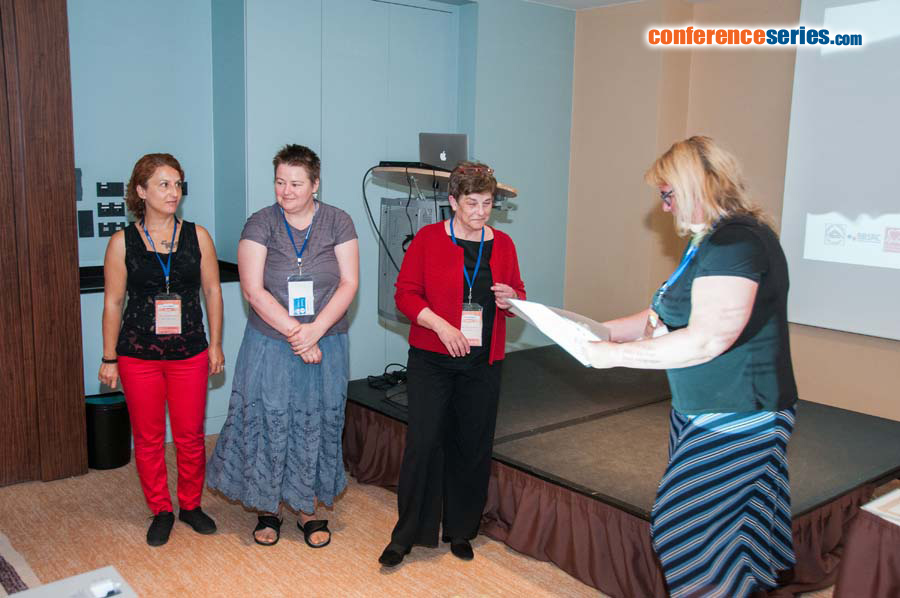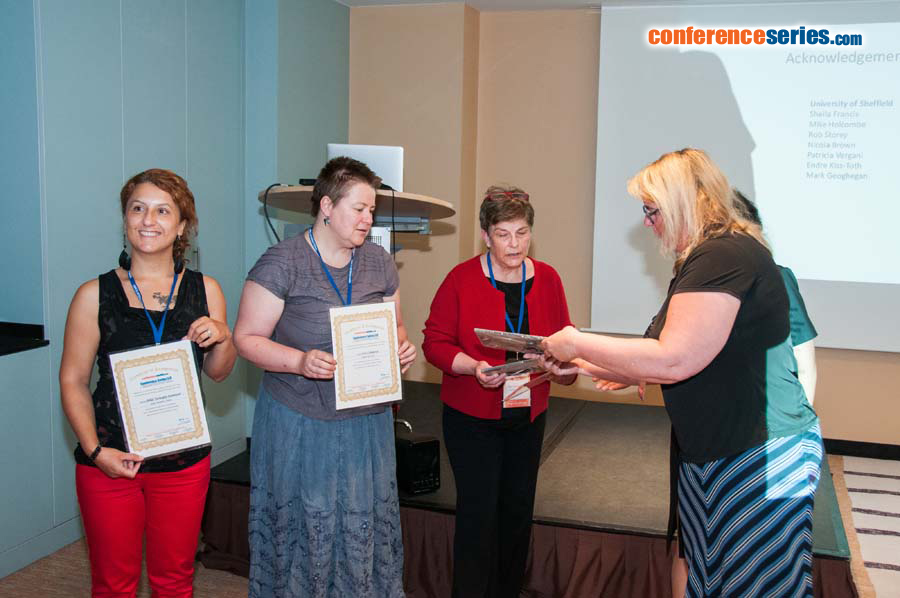Eva E Qwarnstrom
University of Sheffield, UK
Title: Regulation of inflammatory and anti-apoptotic responses through the IL-1RI/TILRR complex
Biography
Biography: Eva E Qwarnstrom
Abstract
Members of the toll-like and IL-1 receptor family (TIR) are central regulators of immune and inflammatory responses. Signal activation is induced through ligand binding and controlled by system specific co-receptors. The IL-1RI co-receptor TILRR is a splice variant of FREM1. TILRR association with the signaling receptor magnifies IL-1 induced activation of the canonical and non-canonical NF-ï«B network by enhancing signal amplification at the level of the receptor complex and potentiates recruitment of the MyD88 adapter and PI3 kinase. TILRR controlled MyD88 dependent activation of the canonical pathway is regulated in a Ras-dependent manner, reflected in alterations in cytoskeletal structure and cell adhesion. The changes induced provide a process for rapid control of NF-ï«B, involving sequestration and release of cytoskeletal bound Iï«Bα through a mechanism controlled by TILRR signal amplification. In silico simulations using agent based modeling of the NFï«B network predict cytoskeletal control of inhibitor levels to provide a mechanism for signal calibration and to enable activation-sensitive regulation of NFï«B induced inflammatory responses. Our studies have identified two functional sites within the TILRR core protein, which selectively control inflammatory and anti-apoptotic responses. The mechanisms underlying distinct network amplification and the relevance of pathway-specific regulation of canonical and non-canonical NFï«B activation will be discussed.





